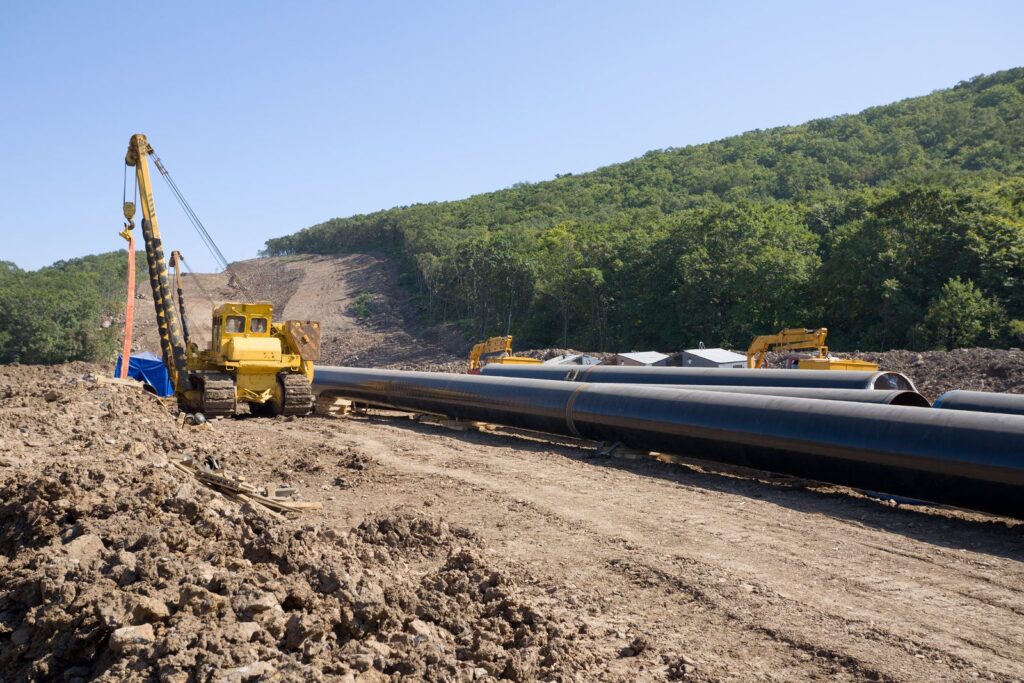Permian Highway Pipeline reached a final investment decision to move forward with a proposed expansion project, Kinder Morgan said June 29, part of a wave of new takeaway capacity projects set to clear the way for a boom in Permian oil and natural gas production over the next several years.
The 2.1 Bcf/d intrastate Texas gas pipeline, which is jointly owned by Kinder Morgan, Kinetik Holdings, and ExxonMobil, will see its capacity increase by up to 550 MMcf/d. Permian Highway delivers gas from the Waha area to Katy, Texas near Houston.
The project is expected to enter commercial service by Nov. 1, 2023, in line with Kinder Morgan’s earlier estimates that the project would take around 18 months from FID to completion.
“This expansion couldn’t come at a more critical time, as it will foster future natural gas production growth in West Texas and provide several liquefaction facilities along the Texas Gulf Coast with more affordable, reliable supply,” Jamie Welch, CEO of midstream operator Kinetik, said in a June 29 statement.
“In addition, approximately 30 of Kinetik’s customers will gain access to premium priced markets and transportation flow assurance, which is critical to minimizing flared volumes,” Welch said.
In an April 20 earnings call, Kinder Morgan CEO Steve Kean described the expansion project as primarily involving adding horsepower to compressor stations, with potentially a small amount of looping.
“Compression expansions are low risk from a siting and permitting perspective, and they are very capital efficient though they do come with a higher fuel rate for the customer,” Kean said in the April 20 call. “Most importantly, in today’s environment, compression expansions allow for speed to market.”
Permian takeaway capacity
Permian Highway is just the latest in a run of Permian gas pipelines to move forward with expansion plans in recent months. On May 2, the consortium that owns Whistler Pipeline greenlit a 500 MMcf/d expansion on the 2 Bcf/d Texas-to-Gulf Coast intrastate gas pipeline. The same consortium decided to move forward with the 2.5 Bcf/d greenfield pipeline Matterhorn Express as well, which will also bring gas from Waha to Katy. More expansions might be on the horizon, with Kinder Morgan’s Gulf Coast Express Pipeline recently holding an open season for commitments to support an expansion of nearly 570 MMcf/d.
Intrastate vs interstate
Intrastate pipelines have been a popular choice for increasing Permian takeaway capacity, both for expansions and greenfield pipelines. Part of the appeal for intrastate gas pipelines has been the condensed regulatory approval process, compared with interstate pipelines, which midstream operators have touted as providing benefits on multiple fronts.
With crude oil and natural gas prices soaring to multiyear highs in 2022, producers and midstream operators alike have eyed the prolific Permian Basin’s potential.
Already, Permian gas production has increased to average 14.3 Bcf/d so far this year, up 1.3 Bcf/d, or 9%, from the same time in 2021, data from S&P Global Commodity Insights’ Platts Analytics shows.
Now, with Permian Highway’s expansion and other projects, the basin’s gas production could rise to around 22.5-23 Bcf/d before running into takeaway capacity constraints, according to recent analysis from S&P Global.

